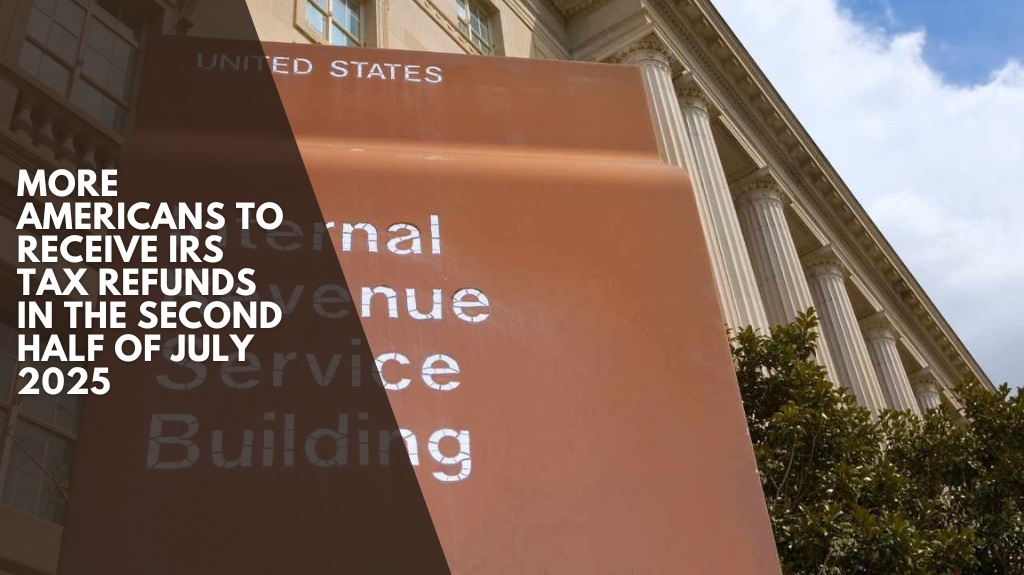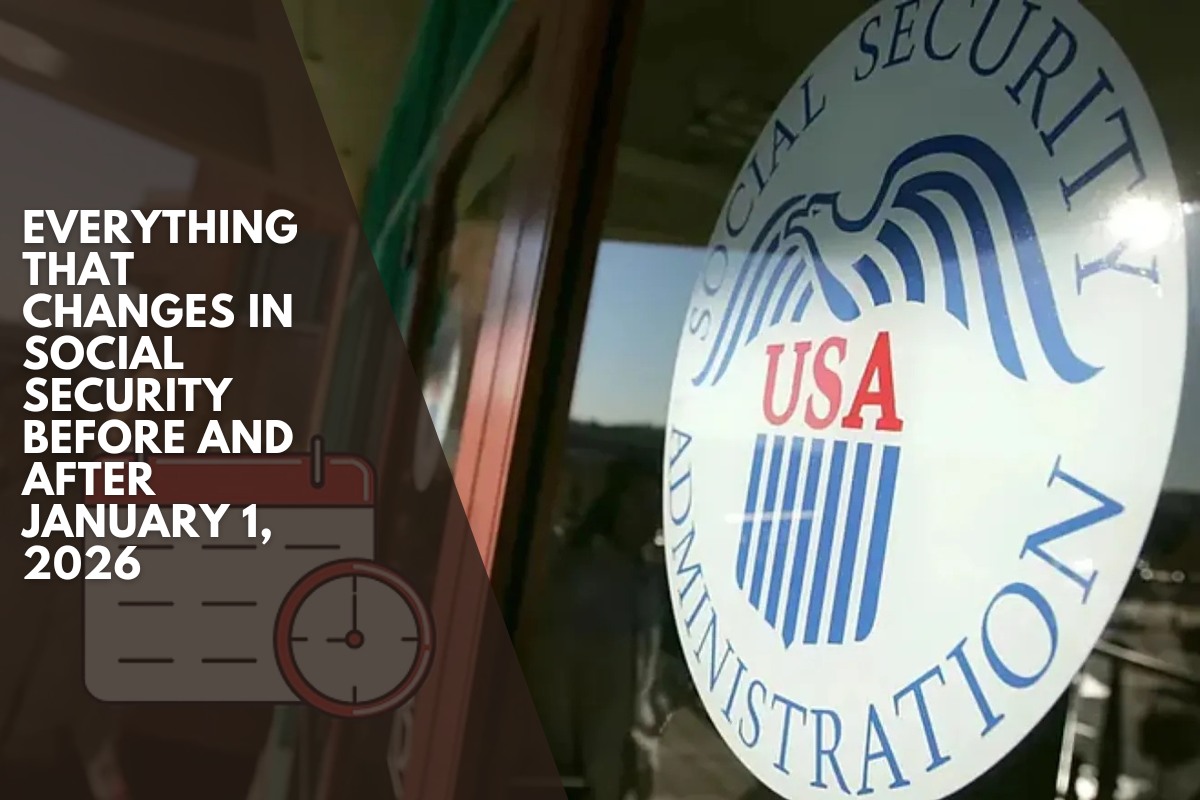The Internal Revenue Service (IRS) and state revenue departments are continuing to process 2024 tax refunds throughout July 2025. If you’re still waiting for your refund, here’s a breakdown of the ongoing federal and state refund distributions, who qualifies, and the average amounts being issued, according to official IRS and state agency data.
IRS Refunds Still Processing
As of mid-July 2025, the IRS is still processing tax refunds, particularly for those who filed paper returns near the deadlines. Taxpayers who submitted paper forms between May 16-31, 2025, should expect their refunds between July 11-25, according to IRS guidelines.
Federal tax refunds continue to be issued for those who either overpaid their taxes or qualified for specific credits, such as the Earned Income Tax Credit (EITC) and Child Tax Credit (CTC).
Electronic filers from early July are also seeing their refunds, as these returns typically process within the 21-day e-file processing window.
Why Some Refunds Are Delayed
While many refunds are on track, some taxpayers are experiencing delays due to several factors, including:
Documentation errors
Identity verification issues
IRS operational limitations
A significant reason for these delays is budget cuts and staffing shortages, which are putting strain on the IRS’s ability to process returns efficiently.
Average IRS Tax Refund as of July 2025
The average federal refund for 2025 has risen to $2,939, up from $2,869 in 2024. The increase can be attributed to several factors:
Adjusted withholdings
Tax law changes
More taxpayers claiming credits (especially EITC and CTC)
The following chart compares core annual refund averages:
2024: $2,869
2025: $2,939 (increase)
State-Specific Refunds: Updates for North Carolina and Georgia
North Carolina: The North Carolina Department of Revenue (NCDOR) has been facing delays in issuing paper checks due to a vendor closure (as announced on June 16). Electronic filers who selected direct deposit will not be affected. However, paper check distribution is slower than usual, and refunds should still reach taxpayers in July, though delayed.
Georgia: Under House Bill 112, Georgia began issuing surplus refunds in June 2025 to taxpayers who filed 2023-2024 returns before May 1, 2025, or those who filed with extensions by October 15, 2025. The amounts for these refunds depend on 2023 federal adjusted gross income (AGI):
$250 for single filers
$500 for joint filers
These payments began in June 2025, but some may still land in July as processing continues.
Updates for Other States
No other states have announced special July refund programs. States like California, New Jersey, and South Carolina continue processing refunds as usual. Here’s what you need to know:
California: Personal refunds are typically processed within one month, while business refunds can take up to six months.
New Jersey: Refunds that involve the EITC often require longer reviews.
South Carolina: Refunds are being processed as normal.
Taxpayers should check their state’s revenue portal for real-time updates on refund statuses.
Didn’t Get Your Refund Check?
If your IRS tax refund hasn’t arrived within the expected timeframe (21 days for e-filers, 6+ weeks for paper filers), here’s what you should do:
Check the status: Use the “Where’s My Refund?” tool on IRS.gov or the IRS2Go app.
If the status shows “issued” but you haven’t received it, wait an additional 5 mailing days before taking action.
For missing checks: Call the IRS refund hotline at:
800-829-1954 (individuals)
800-829-4933 (businesses)
Have your Social Security number, filing status, and exact refund amount on hand.
Lost or stolen check: If you believe your check was lost or stolen, you may need to submit Form 3911 (Taxpayer Statement Regarding Refund) to request a trace.
Direct deposit issues: If your direct deposit is rejected, the IRS will mail a check to the address on file.
For unresolved issues: Contact the Taxpayer Advocate Service at 877-777-4778.
For those still waiting on IRS tax refunds, the second half of July will bring important updates, with refunds continuing to be issued for late filers and those with certain credits. If you have not received your payment, take the necessary steps to track your refund or contact the IRS for assistance.












